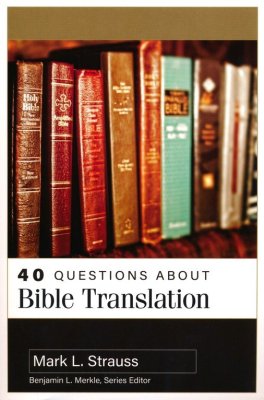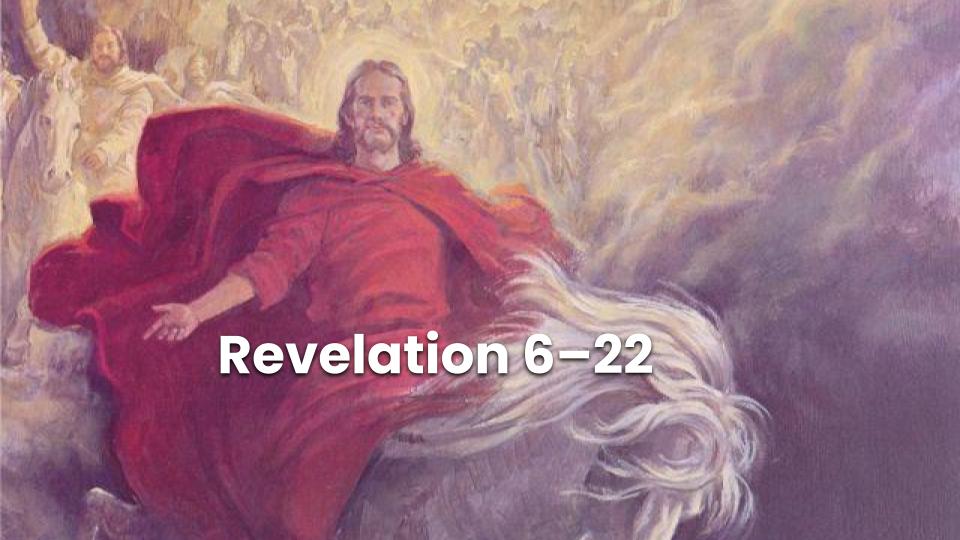One of the challenges and opportunities (for both students and professors) at BYU is that there are exams in religion classes. I’m a Religion Professor at BYU and often teach classes on the Book of Mormon, and so have written hundreds of test questions about the Book of Mormon. But of all the test questions I’ve written, this one is my favorite:
Joseph Smith taught that people can get closer to God by reading the Book of Mormon than by reading any other book.
A. True
B. False
I’ll ask this question to students on the first day of class, and normally about 90% of the class says true. I then say, “This was a trick question—it’s probably the only trick question I’ll ask you on an exam, but I think it’s fair since I’m warning you about it in advance. The answer is actually false. Why is it false?”
Of course, it’s because Joseph Smith actually said, “I told the brethren that the Book of Mormon was the most correct of any book on earth, and the keystone of our religion, and a man would get nearer to God by abiding by its precepts, than by any other book” (see the Introduction to the Book of Mormon, paragraph, 6).
It’s not reading the Book of Mormon that brings us nearer to God, it’s abiding by the precepts; or in other words, living the teachings. The Lord revealed a similar principle to Joseph Smith in 1832. He said that in previous times the Saints had been under condemnation because they had treated the Book of Mormon and other revelations lightly.
He then said that we would “remain under this condemnation until [we] repent and remember the new covenant, even the Book of Mormon and the former commandments which I have given them, not only to say, but to do according to that which I have written” (Doctrine and Covenants 84:57).
I love that phrase, “not only to say, but to do.” There is a great power in the Book of Mormon, and the best way to unlock that power is to abide by its precepts—not just talk about the Book of Mormon, but to live its teachings.
Sign up to receive monthly emails with more posts like this one.






